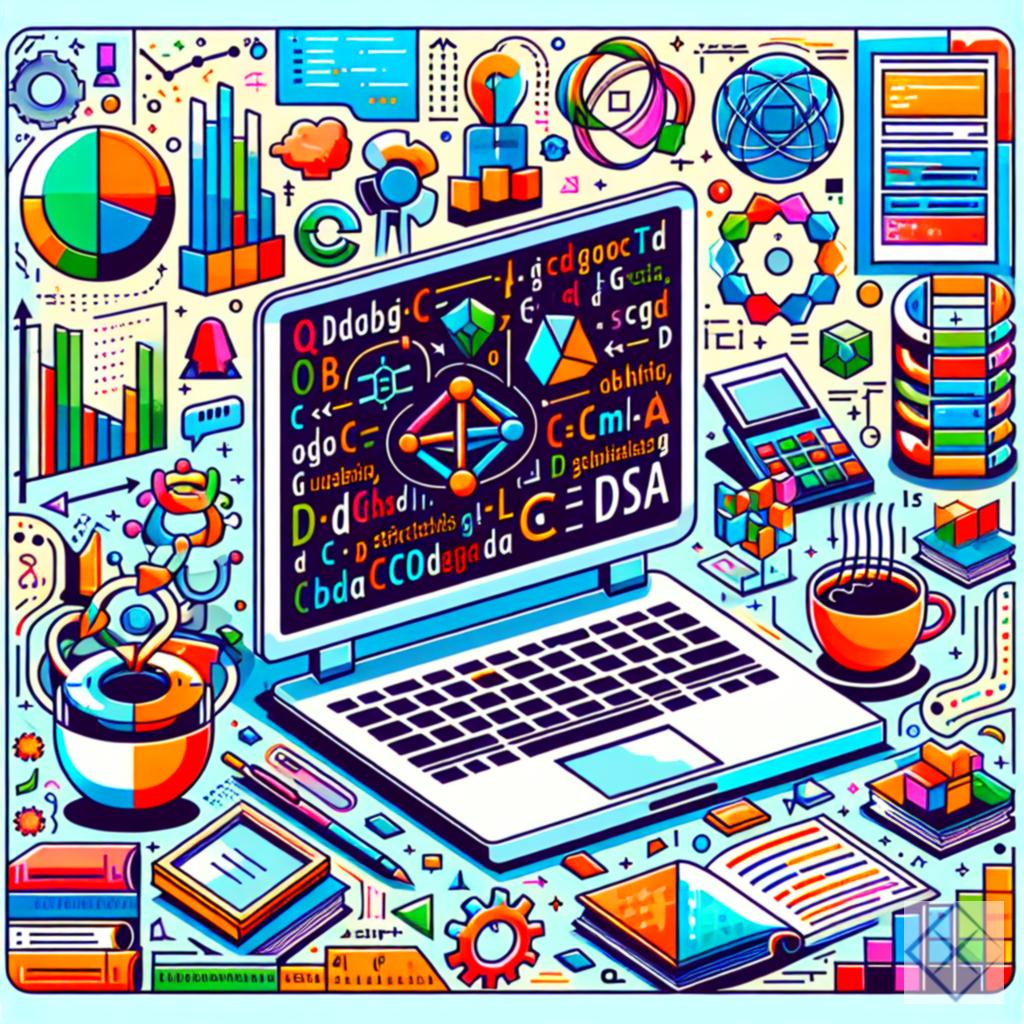Summary: Summary: Best place and way to learn DSA in c++

Summary: Best Place and Way to Learn Data Structures and Algorithms in C++
In the realm of computer science, mastering Data Structures and Algorithms (DSA) is a fundamental skill that can significantly enhance a programmer’s problem-solving abilities. As discussed in a recent Reddit post, many learners seek guidance on the best resources and approaches to learn DSA in C++. This blog post summarizes the key insights from that discussion while providing additional context and recommendations for aspiring programmers.
Why Learn Data Structures and Algorithms?
Before diving into resources, it’s important to understand why DSA is crucial for any software engineer. The right data structure can optimize the efficiency of algorithms, impact memory usage, and ultimately affect the performance of applications. In competitive programming, interviews, and real-world software development, a solid grasp of DSA can set you apart from the competition.
Recommended Resources
Based on the Reddit discussion and extensive community feedback, here are some of the best resources for learning DSA in C++:
-
Books:
- “Data Structures and Algorithms in C++” by Adam Drozdek: This book offers a comprehensive overview of essential data structures and algorithms, accompanied by C++ code examples.
- “Cracking the Coding Interview” by Gayle Laakmann McDowell: While not exclusively focused on C++, it contains valuable algorithmic problems and solutions that are relevant to technical interviews.
-
Online Courses:
- Coursera’s Data Structures and Algorithm Specialization: This series of courses, offered by the University of California San Diego and National Taiwan University, provides a deep dive into DSA concepts, complete with programming assignments in C++.
- Udacity’s Data Structures and Algorithms Nanodegree: This program offers practical projects and mentorship, making it a great choice for hands-on learners.
-
Interactive Platforms:
- LeetCode: An excellent platform for practicing coding problems, LeetCode offers a wide array of DSA problems that can be solved in C++. The discussion forums are also a great place to learn from others.
- HackerRank: This site provides challenges that focus on DSA and allows you to code in C++, helping you to solidify your understanding through practice.
-
YouTube Channels:
- Abdul Bari: His channel features clear and concise explanations of various data structures and algorithms, specifically tailored for C++.
- mycodeschool: This channel is known for its high-quality tutorials on data structures and algorithms, making complex topics easier to understand.
Effective Learning Strategies
While having the right resources is crucial, employing effective learning strategies can significantly enhance your understanding of DSA:
- Practice Regularly: Consistency is key when learning DSA. Set aside dedicated time each day or week to solve problems and review concepts.
- Implement from Scratch: Rather than relying solely on library implementations, try to build data structures and algorithms from scratch. This deepens your understanding of how they work.
- Join Study Groups: Collaborating with peers can provide motivation and new perspectives on problem-solving strategies.
Common Misconceptions
A common misconception among learners is that DSA is only relevant for competitive programmers or coding interviews. In reality, a deep understanding of data structures and algorithms is invaluable in various domains, including software development, data science, and system design. Knowledge of DSA allows developers to write more efficient and optimized code, irrespective of the specific field they are in.
Conclusion
Embarking on the journey to learn Data Structures and Algorithms in C++ can be a rewarding experience. By leveraging the right resources and adopting effective learning strategies, you will build a strong foundation that will not only aid you in technical interviews but also enhance your overall programming skills. As you explore these resources, remember that learning is a gradual process, and practice is essential to mastery.
For further reading, you can access the full blog post here.
Happy coding!